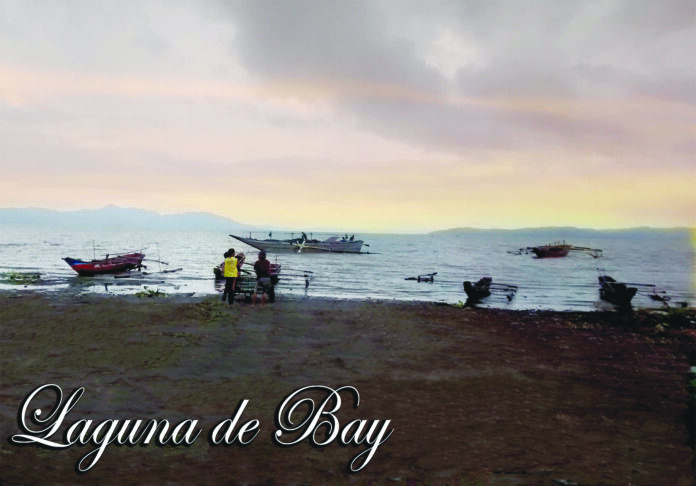I wrote this story while visiting my hometown, Victoria, Laguna, Philippines, where I reunited with relatives, old friends, and familiar places. One cherished spot is the lakeshore, or “aplaya,” a vibrant hub during my childhood. The lake was our vast swimming pool, and the grassy shores were our playgrounds, sports fields, and kite-flying runways. Summers were filled with games like tumbang preso and patintero. The beach also served as a promenade for residents seeking fresh air, alive with butterflies, bees, and birds. This place shaped my upbringing and deeply influenced who I am today.
Since graduating from college and moving abroad, I have always yearned to revisit this place and relive the memories of those good old days. However, work schedules, family commitments, and limited vacation time often interfered with my plans. Finally, during this trip, I had the opportunity to make the long-awaited visit.
Early one morning, as I headed to “aplaya” for a jog, first thing I noticed was the concrete-paved road with proper drainage canals on both sides. Gone were the muddy and potholed dirt roads of my childhood. The street was now lined with concrete houses adorned with expensive tile finishes, a stark contrast to the unpainted and poorly built bamboo and wood shacks of the past.
As I walked, I could see the expanse of the lake with a couple of motorized boats slowly approaching the shore. At the end of the street, where it joined the beach, the once familiar, open-walled lighthouse was no longer there. It had been replaced by an octagonal, derelict structure that looked more like a barangay outpost. In the western vicinity, where there used to be duck-raising yards and structures, there was now nothing. I missed the sight and sound of hungry ducks and ducklings. The vegetable plantations that used to dominate the eastern section of “aplaya” were also gone, replaced by overgrown thorny bushes and pile of garbage.
Looking at the shore, I didn’t see any fishermen. Perhaps they were still out in the lake, thinking it was too early to bring in their catch, or maybe they were struggling to find any. In my childhood, fishermen would be at the shore shortly after daybreak, selling and handing out their plentiful catch. By the time the sun rose, they had already mended, cleaned, and hung their nets.
The present state of the lakeshore was a far cry from the “aplaya” I used to know. The green grassy areas were gone, replaced by a dull, brownish landscape littered with paper, plastic, bottles, and broken glass. Children of this generation would need special garments and safety boots to play on the beach. The wild flowering plants and shrubs that used to grow there were gone, and there were no herds of cattle grazing. The absence of grass had driven them away. The fishermen’s water lily traps were nowhere to be seen, and except for two boisterous teenagers wading in the shore, the beach was empty and devoid of human activity.
The changes over the years were overwhelming, as if I had been transported by a time machine to a place stripped of the familiar scenes of my youth. Four decades had distorted my memories and connection to “aplaya,” leaving it an obscured memory of the past. Questions about the future of “aplaya” filled my mind, and I grasped for answers.
Heading back home for breakfast, a gust of wind blew, sending dirt and litter into the air. Empty and soiled cups bearing the “7-Eleven” trademark and yellow wrappers with the familiar “Jollibee” logo flew around. The two teenagers I had seen earlier were busy with their activities—one texting on his new iPhone and the other dabbing water on his muddied Air Nike shoes. Further down the road, I heard the familiar sound of video games being played on an iPad by four-year-old boy whose rapid hand movements rivaled the best gamers I knew in Canada.
As the sun rose, I realized the answer to my questions: inevitable changes brought by time and generations. Despite the changes, I enjoyed my short visit and look forward to more in the future. It was a great way to embrace the memories and the lessons that come with these changes.
And by the way, I had a sumptuous breakfast that day, savoring my all-time favorite “pandesal,” whose taste and aroma remain unchanged over time and generations. (Contact [email protected])
By Joe Larano Jr.



